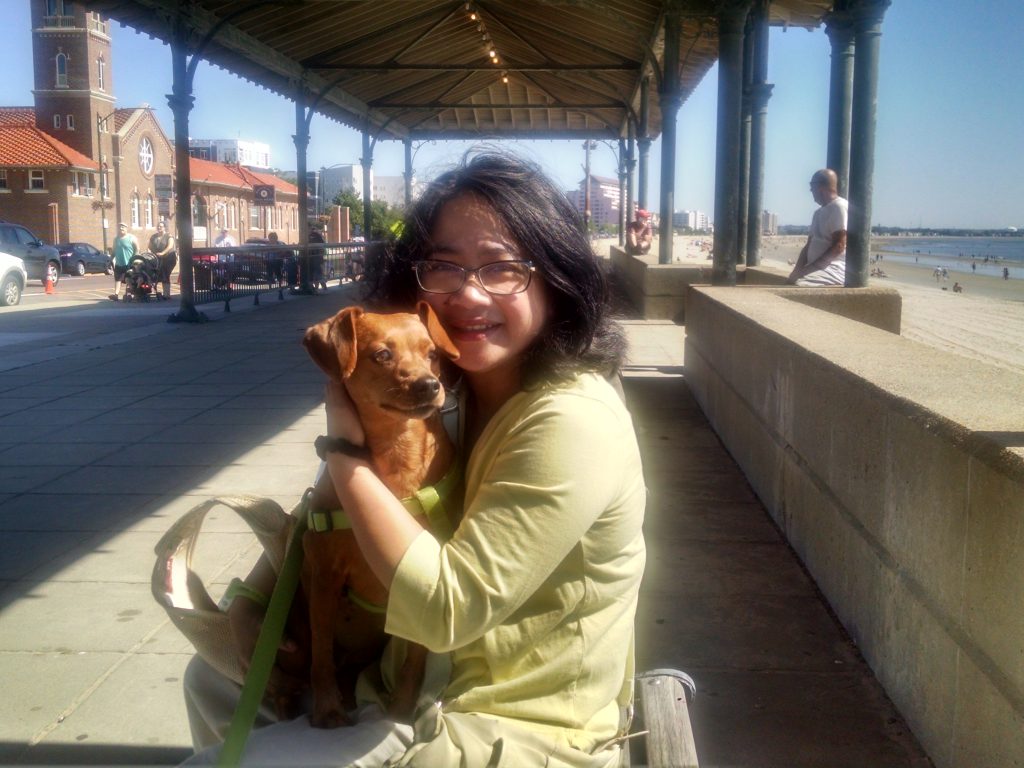Population Council hosts webinar highlighting research on FGM/C

By Hunter Kessous On May 14th, the Population Council hosted the first of two webinars comprising a series titled, “Evidence to End FGM/C: Research to Help Girls and Women Thrive.” Beginning in 2015 and culminating this year, the Population Council has led a research consortium spanning eight countries that studied the practice of female genital mutilation/cutting (FGM/C) and how initiatives to end the practice may be optimized. The first webinar, “Improving the Health and Legal System’s Response to FGM/C,” allowed researchers to present the findings of certain studies. Speakers included Bettina Shell-Duncan, University of Washington; Jacinta Muteshi-Strachan, Population Council; Agnes Meroka-Mutua, University of Nairobi; Samuel Kimani, University of Nairobi; Wisal Ahmed, World Health Organization; and Flavia Mwangovya, Equality Now. Dr. Muteshi-Strachan explained the four themes of the research consortium: the first being to build the picture by exploring the who, what, where, when, and why of FGM/C, and how these details are changing. The second theme detailed interventions to end FGM/C: what is working, where and why. The wider impacts of FGM/C and interventions were explored. Finally, the fourth theme assessed what constitutes valid measurements of change. This is an exciting project, as it not only expands the body of research on FGM/C, but also adds new, fresh insight. FGM/C and the law was the first research topic covered. Dr. Meroka-Mutua spoke on the findings of her research in Burkina Faso, Mali, and Kenya. One discovery showed that the efficacy of a law can be limited by nature, content, administration and implementation. An interesting take away from this project was that laws working to end FGM/C can be more effective if written and implemented in a manner than does not seem to attack the cultures of the practicing communities. With the news of Sudan’s recent outlaw of FGM/C and the thriving, ongoing work toward passing more bans, Dr. Meroka-Mutua’s research feels all the more relevant and important. Going forward, policy makers would better serve their communities by keeping in mind these findings regarding the most effective wording for new laws. Dr. Kimani presented his research assessing the health system response to FGM/C in Kenya and Nigeria, through both prevention and provision of curative services. The findings showed a need to integrate FGM/C interventions into existing health systems platforms, to perform targeted training of health care providers, and to improve data systems. Based off this research, nonprofits could expand their efforts into the healthcare setting, or perhaps new nonprofits will be created in order to tackle preventing FGM/C through health systems platforms. Wisal Ahmed discussed the World Health Organization’s (WHO) action plans. One of these plans includes developing tools for health care providers to better support their communities. The most exciting of WHO’s action plans includes an FGM Cost Calculator, a data tool that reveals the savings in health costs associated with abandonment of FGM/C, proving the economic burdens of the practice. Finally, Ms. Mwangovya of Equality Now offered perspective on implementing research into programs and policies working to end FGM/C. She advises nuancing and contextualizing research, including thinking critically about the subjects used in a particular research study and how they compare (culturally, religiously, geographically, etc.) to the population one is working with is necessary to best optimize the results of the research. More information about this research project can be found here. The webinar can be viewed here.
Sahiyo Intern Spotlight: Development Intern Maria Elena Rivera-Beckstrom

Maria Elena Rivera-Beckstrom is a researcher and an instructor with a strong interest in gender and women’s rights, and human rights. She uses her teaching as a platform to raise awareness on gender violence and inequity. She joins Sahiyo so she can contribute to the efforts in ending female genital cutting (FGC) as a development intern. She currently teaches at Salem State University’s Interdisciplinary Studies Department and also works at the Simmons University Institute for Inclusive Leadership. 1) When and how did you first get involved with Sahiyo? I started with Sahiyo on the week of May 18 as one of the new development interns. I basically found the call for application and looked up Sahiyo. It was actually the first time I learned about the organization, and although I have known about FGC, I did not know that it is also practiced in Asia. I voraciously read the website and decided to apply for the internship. 2) What does your work with Sahiyo involve? As a development intern, I help in funds-sourcing by doing research on grants for which we’re eligible to apply. I also help in developing and planning fundraising campaigns. Later, I believe, I will help out in writing proposals for grants. I also fulfill special assignments for staff members. 3) How has your involvement with Sahiyo impacted your life? Since I have joined Sahiyo, I have become more knowledgeable about FGC and its practice in Asia. Although I just basically started, I am also learning more about the operations of a nonprofit. What’s most impactful, however, is that I already feel integrated with a group of people who are driven by the same mission: to end FGC. It is quite amazing to work with people who are passionate about and committed to a cause that addresses a particular issue of gender violence. It gives your life another level of meaning. 4) What words of wisdom would you like to share with others who may be interested in supporting Sahiyo and the movement against FGC? It is always a worthy endeavor to join a group of people for a worthy cause. Sahiyo’s effort to end FGC is a cause worthy of everyone’s time and investment and I encourage you to join us. What we’re doing impacts the lives of girls and women, and when we give even a little of ourselves to others, we make our own lives richer and more meaningful. We welcome you in our journey. Join us.
